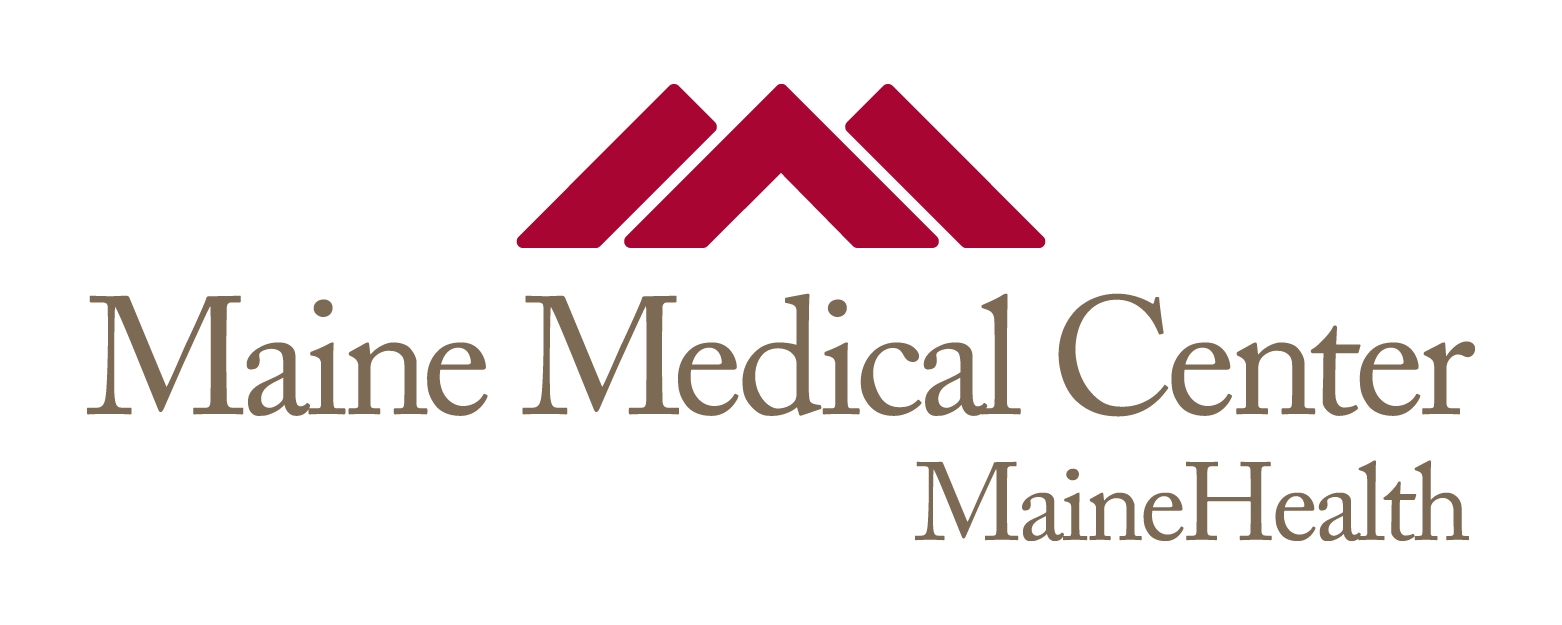New cardiac surgery programs established from 1993 to 2004 led to little increased access, substantial duplication of services.
Document Type
Article
Publication Date
8-1-2011
Institution/Department
Center for Outcomes Research and Evaluation, Maine Medical Center Research Institute
Journal Title
Health affairs (Project Hope)
MeSH Headings
Aged, Aged, 80 and over, Efficiency, Organizational, Female, Health Services Accessibility, Humans, Insurance Claim Review, Male, Medicare, Program Evaluation, Thoracic Surgery, United States
Abstract
Despite decreasing demand for bypass surgery, 301 new cardiac surgery programs opened between 1993 and 2004. We used Medicare data to identify where the new programs opened and to assess their impact on access and efficiency. Forty-two percent of the new programs opened in communities that already had access to cardiac surgery, which suggests that their creation has led to a fight for shares of a shrinking market. New programs were much more likely to open in states that did not require them to show a certificate-of-need. Overall, travel time to the nearest cardiac surgery program changed little, which suggests that these programs have done little to improve geographic access. The duplication of services that resulted in many areas may have engendered competition based on quality, price, or both, but it may also have increased surgical rates, with unknown results. We observe that certificate-of-need requirements may help avoid unnecessary duplication of services by preventing new programs from opening in close proximity to existing ones.
ISSN
1544-5208
First Page
1569
Last Page
1574
Recommended Citation
Lucas, Frances Leslie; Siewers, Andrea; Goodman, David C; Wang, Dongmei; and Wennberg, David E, "New cardiac surgery programs established from 1993 to 2004 led to little increased access, substantial duplication of services." (2011). Maine Medical Center. 2151.
https://knowledgeconnection.mainehealth.org/mmc/2151



